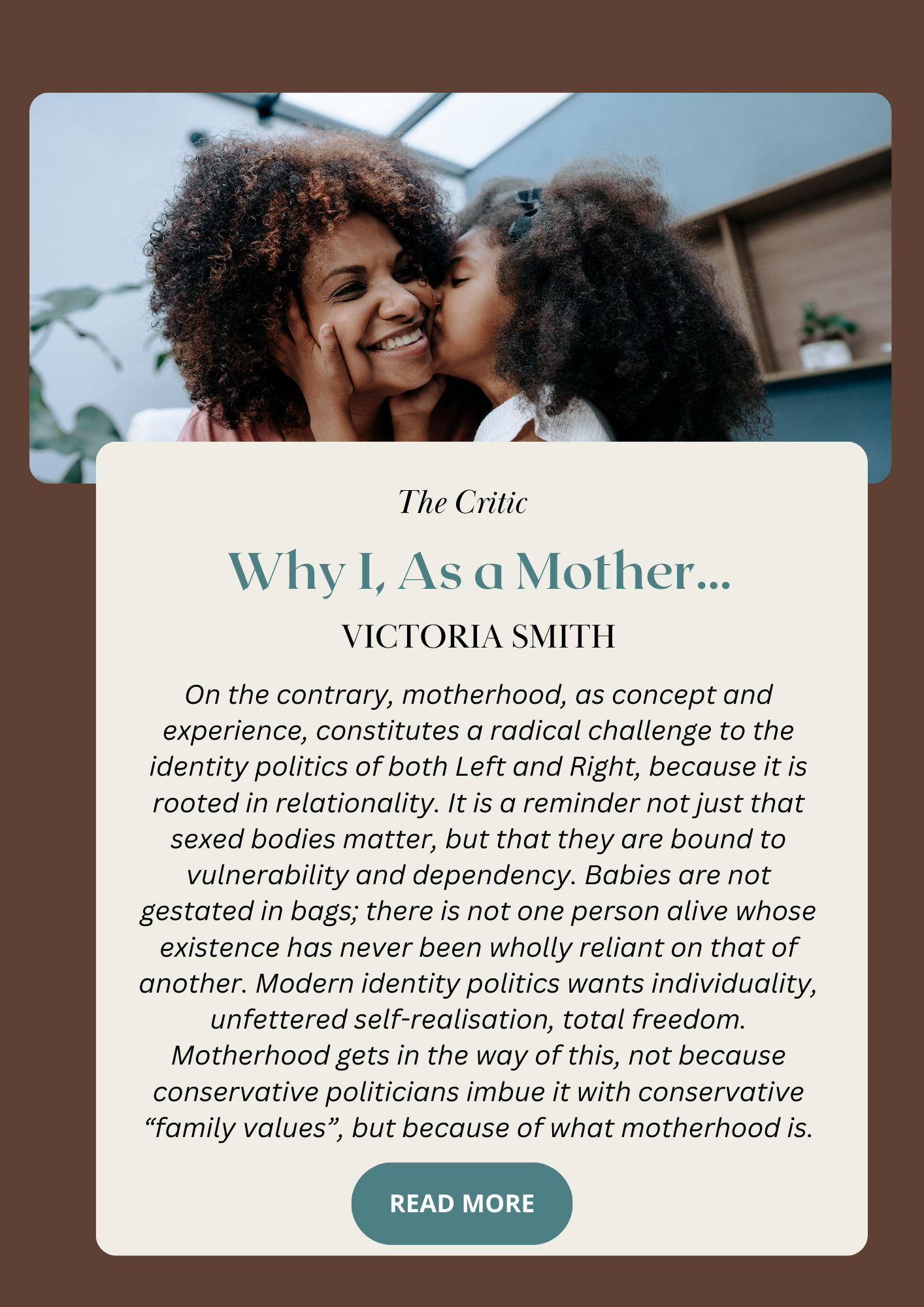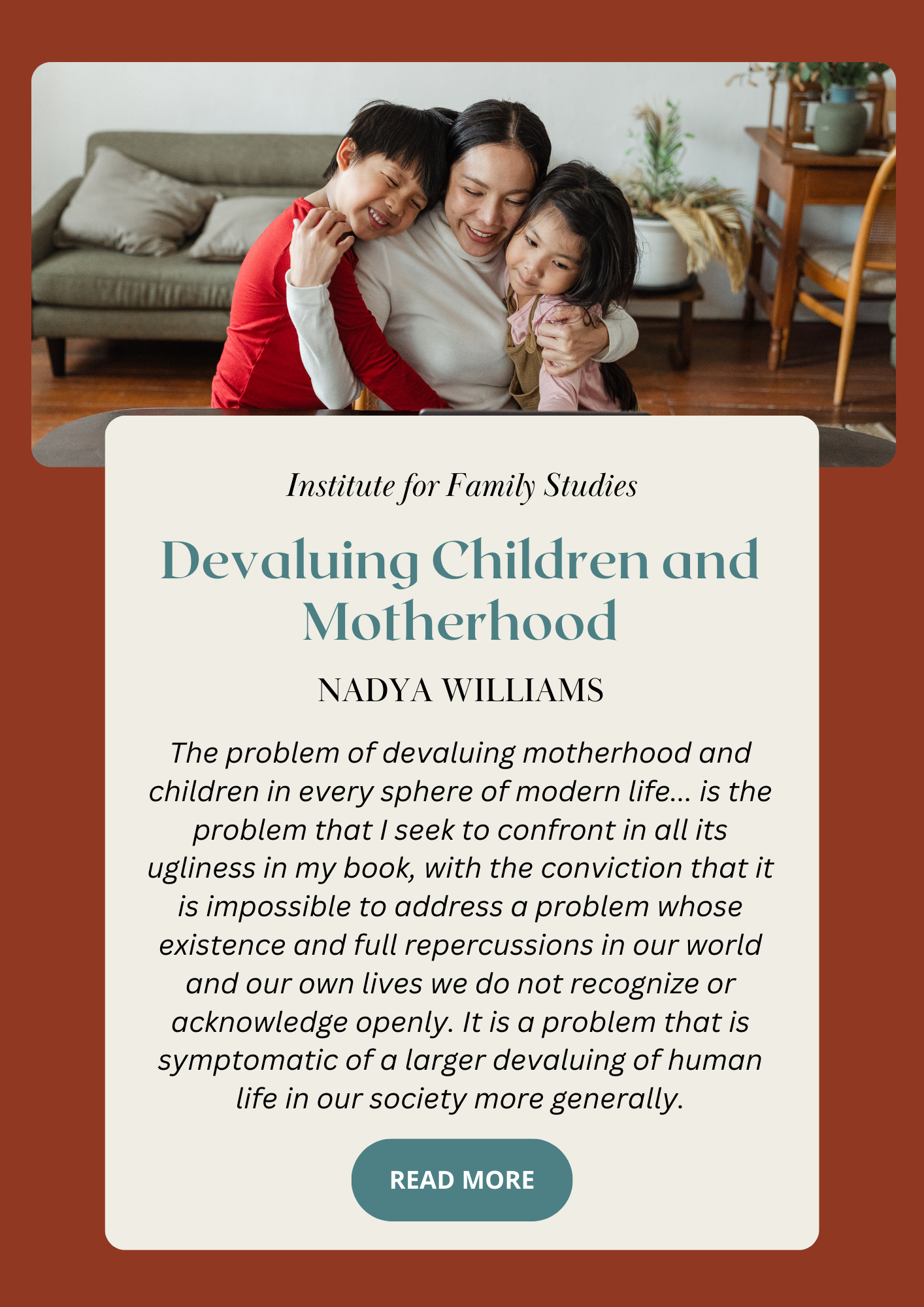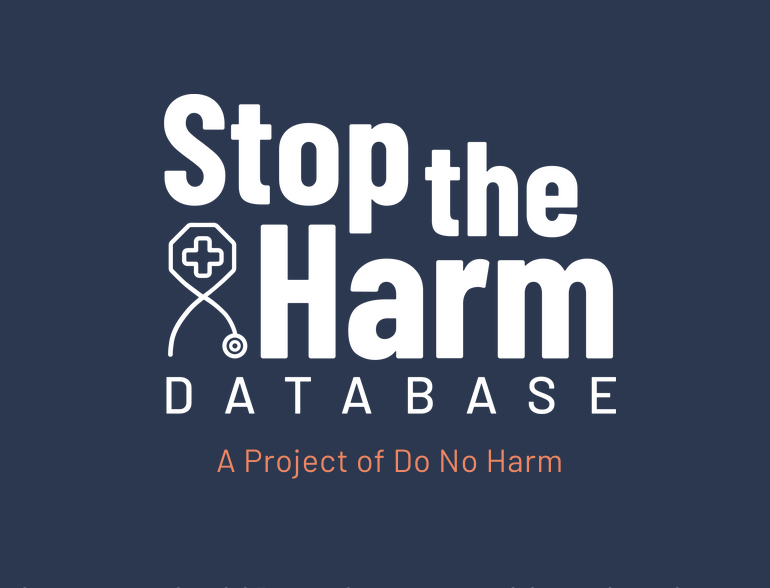Welcome to the weekly Fairer Disputations round-up: your one-stop shop for the best in sex-realist feminism. This week: Freya India on why Zoomers are so relationship-averse, Victoria Smith on how the embodied experience of motherhood means something, and Nadya Williams on the low value our culture places on mothers and children. Plus: dangerous egg donations, maternal healthcare deserts, censorship in the trans debate—and more!
First, Freya India on why Zoomers, as a generation, have an underlying fear of abandonment.

Next, Victoria Smith suggests that maternal experience does have real implications, which cut through the too-simple political binary.

Finally, in an excerpt from her new book, Mothers, Children, and the Body Politic: Ancient Christianity and the Recovery of Human Dignity, Nadya Williams makes the case that our culture has normalized disdain for mothers—and their children.

More Great Reads:
- The Dangerous Rise of Egg Harvesting, Helen Gibson, The Critic
- In British Columbia, Censorship Wears a Pronoun Pin, Meghan Murphy, Quillette
- Alabama Is a Pro-Life State. So Why Is It So Hard to Give Birth There?, Olivia Reingold, The Free Press
- Porn and Self-Love: What Young Women Need to Know, Kortney Candland and Timothy Rarick, Institute for Family Studies
- She Had Thoughts of Harming Her Baby. To Treat Her, Doctors Kept Them Together., Chloe W. Shakin, The New York Times
Fairer Disputations Recommends:
The recently-launched “Stop the Harm” Database tracks sex change operations and treatments performed on minors across the United States. It has found that between 2019 and 2023, nearly 14,000 minors is the US underwent treatments for sex changes—and submitted nearly $120,000,000 in insurance claim data.
The database’s stated goals are laudable:
- Encourage positive change and protect children
- Provide a publicly available online repository of hospitals and healthcare facilities offering sex change treatments to children in the United States
- Inform the public and shed light on the prevalence of these practices
- Provide insight to healthcare providers, policymakers, and researchers to help understand trends, optimize care, and influence health policy




